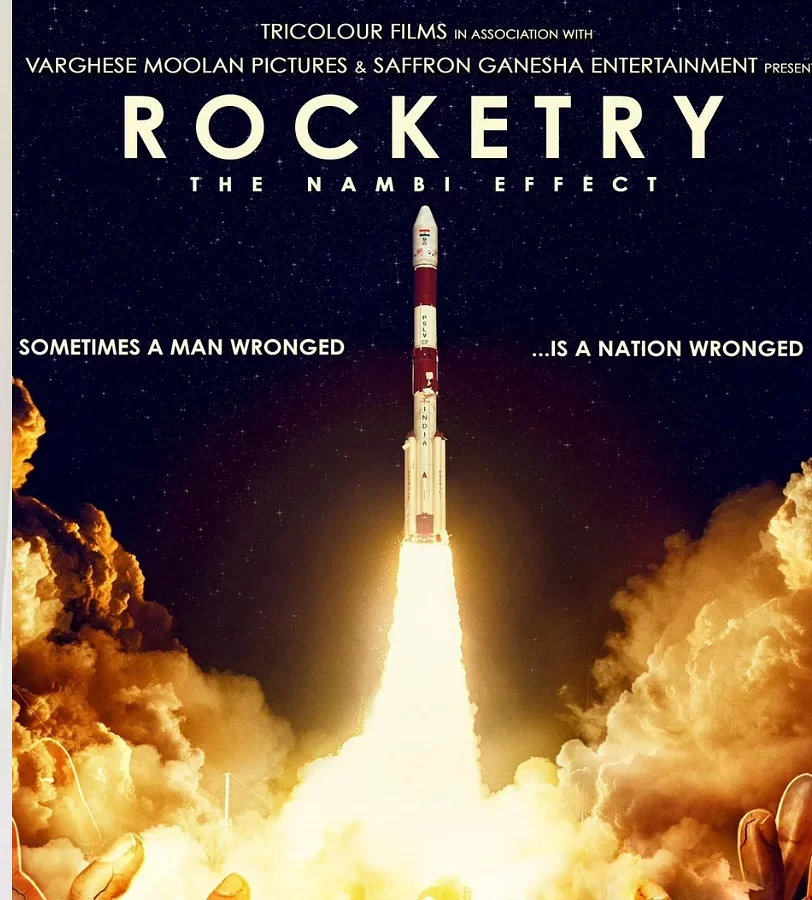Australia: PartyCp8 is a new breed of film school in which the enrolled students work on a series of short films as warm up exercises leading to an actual feature film production that will be released commercially early in 2007. Situated in the Australian Technology Park in Redfern, students come together on a weekly basis to make their filmmaking dreams come true. The mentoring program allows students to get Hollywood and Australian industry professionals as coaches. The Hollywood constituent is organized by UCLA, one of the world’s leading tertiary institutions, from the heart of Hollywood.
What is most attractive about the PartyCp8 course is the fact that the commercial release of the feature film produced by the students will grant them the desired “film credit,” essential for industry recognition. And, to make this even more attractive, students will share in 50% of the movie profits.
“The short films have been stepping stones in this process, teaching the necessary skills of teamwork, leadership, working to a deadline and budget and problem-solving,” Adrian Bertino-Clarke, PartyCp8’s director said. The first exercise was for the students to find their feet; see what roles felt comfortable. A theme was given: “Proposal” and everyone was left to form their own groups with one camera, no editing except for what can be done on camera and one and a half hours to write, rehearse, produce, direct and shoot a three minute short film.
Angela Pezzano, one of the PartyCp8 students said “I barely knew the other guys in my team; it really forced many of us out of our comfort zones to work well with each other towards our common goal – we had to do everything: write, direct, shoot, act – it was great!” Yasmine Semaan, another student said, “Team spirit was fundamental to accomplish our tasks in time; you wouldn’t think that it can be so hard to do a 3 minute film.”
The second exercise was even more of a challenge. Ten producers had to form their own teams and were given a scene from a well-known movie to recreate as identical as possible – camera angles, dialogue, actor’s expressions and the like.
Angela’s lesson here was, “Problems came to the surface that could have been avoided if we had only stopped to think and ask questions before scattering to get to work. Many teams were penalised for producers being late; many teams didn’t ask for permission to shoot on location so time was wasted organising that and a number of teams were sharing cast and crew members which greatly impacted on the limited time allowed for shooting — three hours this time.”
“I think that the course Directors wanted us to make mistakes so that we would realize the value of having mentors and ASKING – we were just busy doing stuff,” Yasmine added. Watching the finished or unfinished scenes as the case came to be for some groups, proved a valuable tool so students could see if their filming techniques worked, how they each performed as director, producer, director of photography and actor.
Mentors provided feedback that was taken on board, prompting students to start a post on the PartyCp8 forum: “What I learned in class today…” Here it was made obvious that in such a short amount of time, student’s skills and attitudes had matured in leaps and bounds.
The students found the third exercise even more challenging. “We told them to read a non-fiction book THINK AND GROW RICH and to write and produce a short comedy film, 5 minutes long,” Adrian Bertino-Clarke added. “We called fove voluntary producers, gave them $1,000 each and asked them to choose their cast and crew, organize all contracts, book locations, editing suites, etc. And after a week or so of preparations we complicated things for them at the last minute… changed locations, mixed their cast; in other words, things that actually happen in the real world of production.”
“This time we went over time in the Q&A session, we used the mentors to the max,” Yasmine said. “It’s great to see them improve at such an amazing speed. You have to be mindful of the fact that our program is non-selective; our students come from all different sorts of backgrounds and skill levels and they are working together extremely well. Our youngest in the class is just 13 years old and the eldest is 46,” Adrian Bertino-Clarke added.
It is the director’s expectation that these exercises will create the right attitude and skill base for PartyCp8 students to be able to tackle the real movie challenges ahead. “The future of Australian Cinema is in good hands,” Angela quipped.
Saturday, February 28, 2026

Business Of Cinema
Authentic News And Information since 2005



